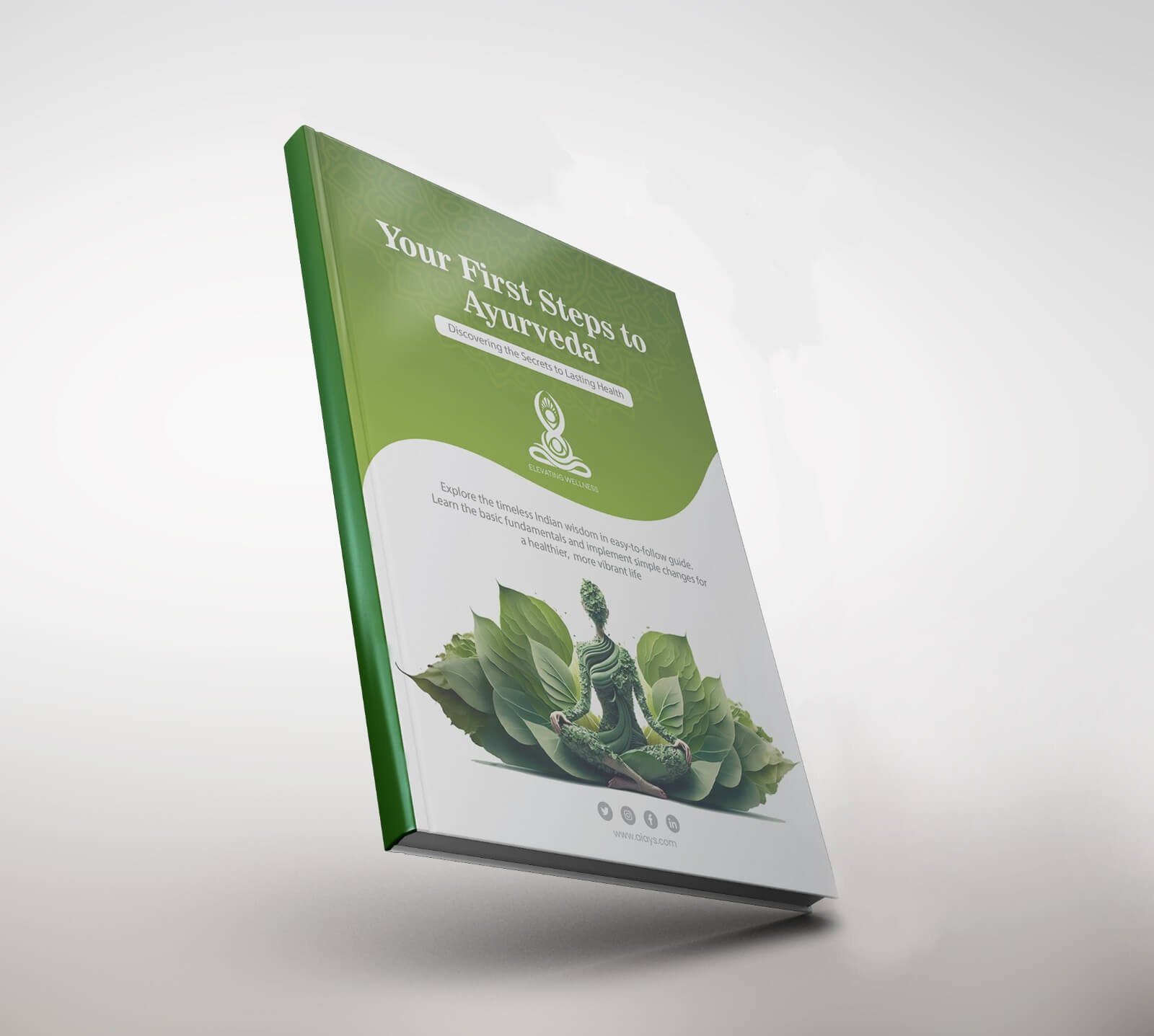Symptoms & Illnesses
PCOS/PCOD Solutions
Overview -PCOS/PCOD
Understanding PCOS/PCOD
PCOS/PCOD syndrome is a common hormonal disorder affecting women of reproductive age. Like many hormonal imbalances, PCOS often presents with various unpleasant symptoms, including irregular periods, unintended weight gain, increased acne, and unexpected hair loss.
Symptoms of PCOS/PCOD
In addition to the challenging symptoms of weight gain and facial hair growth associated with PCOS/PCOD, hair loss is also a common concern. Androgenic alopecia, or hair thinning, is frequently observed in individuals with PCOS. Understanding PCOS and its relationship with hair loss, as well as learning about available support groups for those experiencing these symptoms, is essential.
Causes of PCOS/PCOD
PCOS arises from the overproduction of androgens by the ovaries. Androgens, such as testosterone, play a role in hair growth and other bodily functions. In some cases, PCOS may result in the formation of multiple ovarian cysts, although cysts are not always present. Cysts can disrupt hormone levels, leading to various symptoms beyond hair loss, including infertility, skin issues, excessive sebum production, acne, irregular menstrual cycles, excess body hair growth, and weight gain.
Ayurvedic Perspective on PCOS/PCOD
From an Ayurvedic perspective, PCOS/PCOD is considered a Kapha disorder, affecting the reproductive system due to imbalances in the body’s Doshas. Factors such as lifestyle choices, dietary habits, stress, and hormone contraceptive use contribute to the development of PCOS/PCOD. Ayurveda offers a holistic approach to managing PCOS/PCOD, focusing on restoring balance and addressing the root cause of the condition.
Ayurvedic Treatment for PCOS/PCOD
Panchakarma, a detoxification process, is often recommended to cleanse the reproductive system, balance hormones, and manage obesity and insulin resistance. Through personalized treatment plans, Ayurvedic practitioners aim to rebalance the body and promote overall well-being. Panchakarma treatments target the root cause of chronic issues, offering benefits such as PCOS/PCOD reversal, hormone balance, regulation of menstrual cycles, improved fertility, clear skin, thick hair, balanced weight, and enhanced energy levels.
Line of Treatment for PCOS/PCOD
As PCOS is primarily concerned with Rajah and Stribeeja formation and to some extent medodhatu, much attention should be given to these while treating the conditions. Treatment modalities mainly aim at providing comprehensive care by correcting the ama dosha, achieving koshtashuddhi and regularising tridoshas. The management approach to PCOS should concentrate on treating agnimandya at jataragni and dhatwagni levels (Deepana-carminatives and Pachana-digestives).
Yogas and Lifestyle for PCOS/PCOD
Regular physical activity and a balanced lifestyle play a crucial role in managing PCOS/PCOD. Incorporate exercises like Pranayama, Kapalabhati, Shavasana, Sarvangasana, and Matyasna into your daily routine. Additionally, ensure a compatible and timely intake of a balanced diet, regular physical exercises, and a healthy lifestyle to support the therapeutic measures to curb PCOS.
Single Herbs and Ayurvedic Medicines for PCOS/PCOD
Single Herbs Usage: Varuna (Crataevanurvala), Hareetaki (Terminalia chebula), Pippali (Long pepper-Piper longum), Bilva (Aegle marmelos), Agnimantha (Premna integrifolia), Guduchi (Tinospora indica), Punarnava (Boerrhaviadiffusa), Chitraka (Plumbago zeylanica), Shunthi (Ginger), Anjani (Memycylon indicum).
Ayurvedic Medicines for PCOS Management: Chitrakadivati, Varunadikwatha, Panchakola choorna, Arogyavardhinivati, Triphalaguggulu, Varunadilouha, Phalatrikadikashaya, Punarnavadikashaya, Navayasalouha, Navakarshikaguggulu, etc.
Lifestyle Advice for Managing PCOS/PCOD
Include exercise in your lifestyle to prevent glucose intolerance and diabetes. Engage in exercise, yoga, dance, or outdoor games for at least half an hour per day. Avoid or restrict non-vegetarian food, white sugar, oily food, and sweets. Maintain regular intervals for food and sleep.
We encourage you to arrange an appointment with our esteemed specialist for further insight and personalised guidance.
Please click on the link below to schedule a consultation with our expert.
Our PCOS-PCOD Specialists

Dr. Vivek Brijbahal Singh
BAMS, M.D. Rachna Sharir, Advanced PGD in Clinical Research

Dr. Supriya Kurane
BAMS, M.S. Surgery



